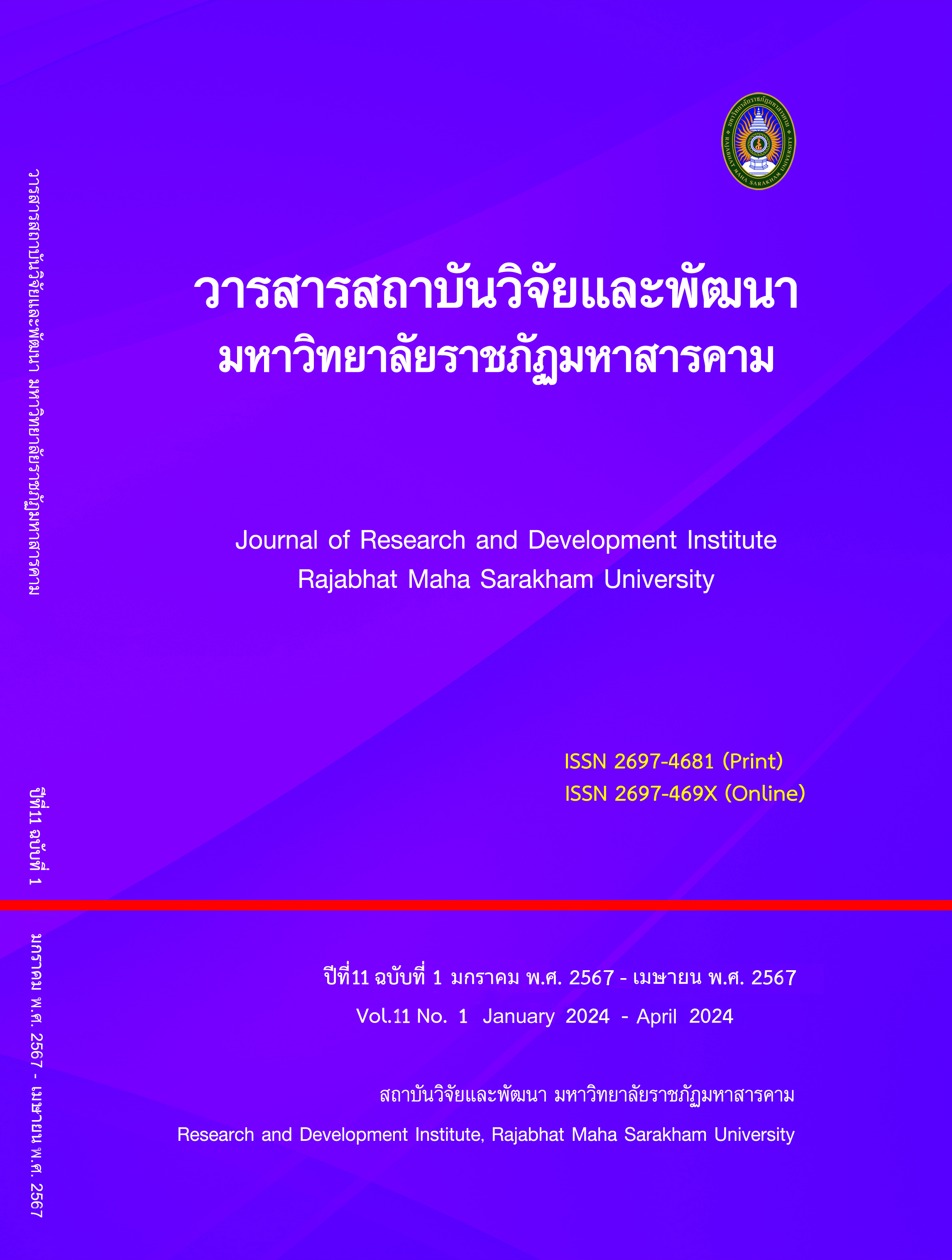Zero-dollar Marketing: Learnt Attributes Based On The Success of Tesla
Keywords:
Zero-dollar marketing, $0 marketing, Multi-Channel Marketing Strategy, Unique Selling Proposition, BrandingAbstract
This research aims to create the first-of-its-kind understanding of zero-dollar marketing as a novelty concept and decipher its attributes for practitioners and scholars for their consideration of this emerging concept based on the learnings from Tesla as the successful case study of the marketing technique. Case study-based Thematic Analysis is utilised to collect, classify, and analyse qualitative data collected from interviewed experts in order to decipher zero-dollar marketing attributes for wider comprehension and further theoretical development. In this research, given the novelty of the marketing technique, we propose the definition of zero-dollar marketing for further theoretical development going forward. The outcome of this investigation displays that there are four vital attributes to zero-dollar marketing, namely (1) personal branding of key figures, (2) clear-cut product differentiation and consumer orientation, (3) words of mouth and buzz marketing, and (4) the ‘chance’ factor.
References
Agarwal V, Bangeja H. (2022). Analysing Tesla's $0 Marketing Strategy. International Journal for Multidisciplinary Research 4. https://doi.org/grb586.
Babatope O, Ogunshakin O. (2020). An Analysis of Social Listening and Use of Social Media as Marketing Tools Among University Students in Nigeria. Journal of American Academic Research 8
Borden N .(1984). The Concept of Marketing Mix. Journal of Advertising Research 3.
Carr J .(2004). Expand Your Customer Base: Reach New Markets with Zero Marketing Dollars. University of California (San Diego), San Diego.
Constantinides E .(2006). The Marketing Mix Revisited: Towards the 21st Century Marketing. Journal of Marketing Management 22:407-438.
Hackley C, Tiwsakul R .(2006). Entertainment Marketing and Experiential Consumption. Journal of Marketing Communications 12:63-75.
Kaya T .(2017). Zero-Budget Marketing Strategy: The 'Can Kid' Social Responsibility Project. Management and Business Research Quarterly 3:61-67.
Keener J .(1960). Marketing's Job for the 1960s. Journal of Marketing 24.
Kiger M, Varpio L .(2020). Thematic analysis of qualitative data: AMEE Guide No. 131. Medical Teacher.
Kluger J .(2021). Tesla Inc. Electrifying the automotive industry. Times. https://time.com/collection/time100-companies/5953762/tesla/. Accessed 5 February 2023.
Kotler P, Kartajaya H, Setiawan I .(2016). Marketing 4.0: Moving from Traditional to Digital. Wailey, London.
Kucharska W .(2019). Personal Branding—A New Competency in the Era of the Network Economy. Corporate Brand Performance Implications. In: Corporate Social Responsibility in the Manufacturing and Services Sectors. Springer, London.
Lauterborn R. .(1990). New Marketing Litany: Four P's Passe: C-Words Take Over. Advertising Age 61.
Liang, J .(2022). A Case Study of Marketing at Tesla Based on the 4V. Proceedings of the 2022 7th International Conference on Social Sciences and Economic Development.
Melton, A .(2018). What can we learn from Tesla's $0 marketing strategy?. https://dma.org.uk/article/what-can-we-learn-from-teslas-0-marketing-strategy. Accessed 26 November 2022.
Potiwan P, Pothiwan M, Yuan X, Bamroongboon K .(2022). Next generation vehicles: status quo in Southeast Asia. International Journal of Global Warming 28:60-80.
Shaw E, Jones, D .(2005). A history of schools of marketing thought. Marketing Theory.
Zhou, Y .(2022). Tesla's Strategies to Achieve Positive Growth for Production and Sales During the COVID-19 Epidemic. PESD 2022.
Downloads
Published
How to Cite
Issue
Section
License
Copyright (c) 2024 Mahinthorn Pothiwan

This work is licensed under a Creative Commons Attribution-NonCommercial-NoDerivatives 4.0 International License.
Articles that are published are copyrighted by the authors of the articles







